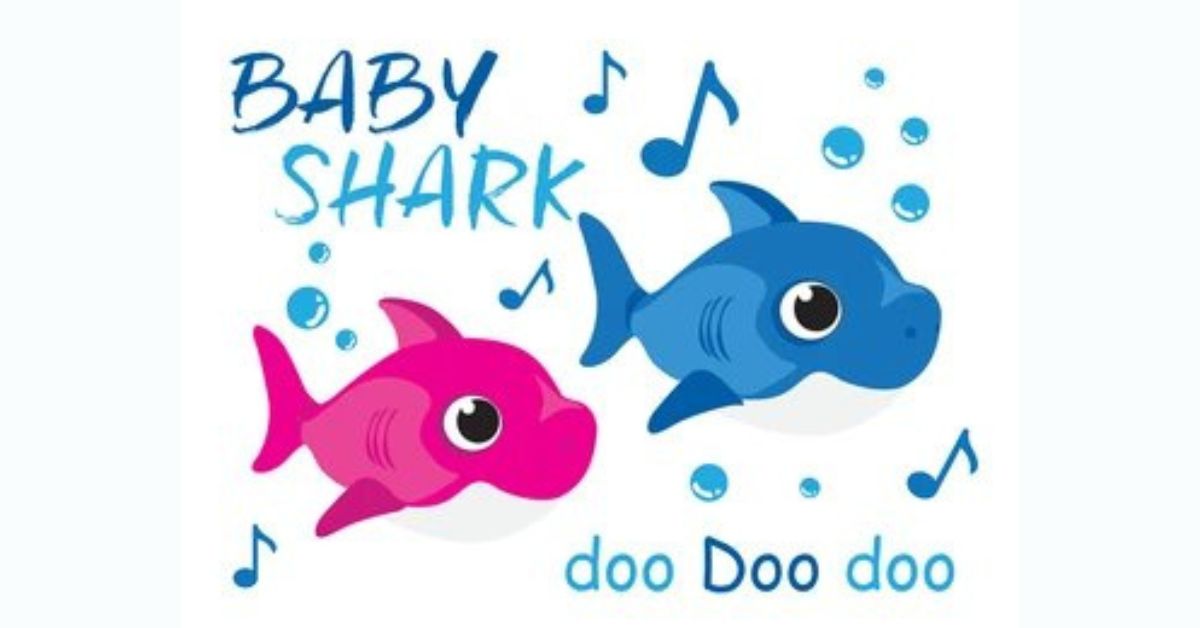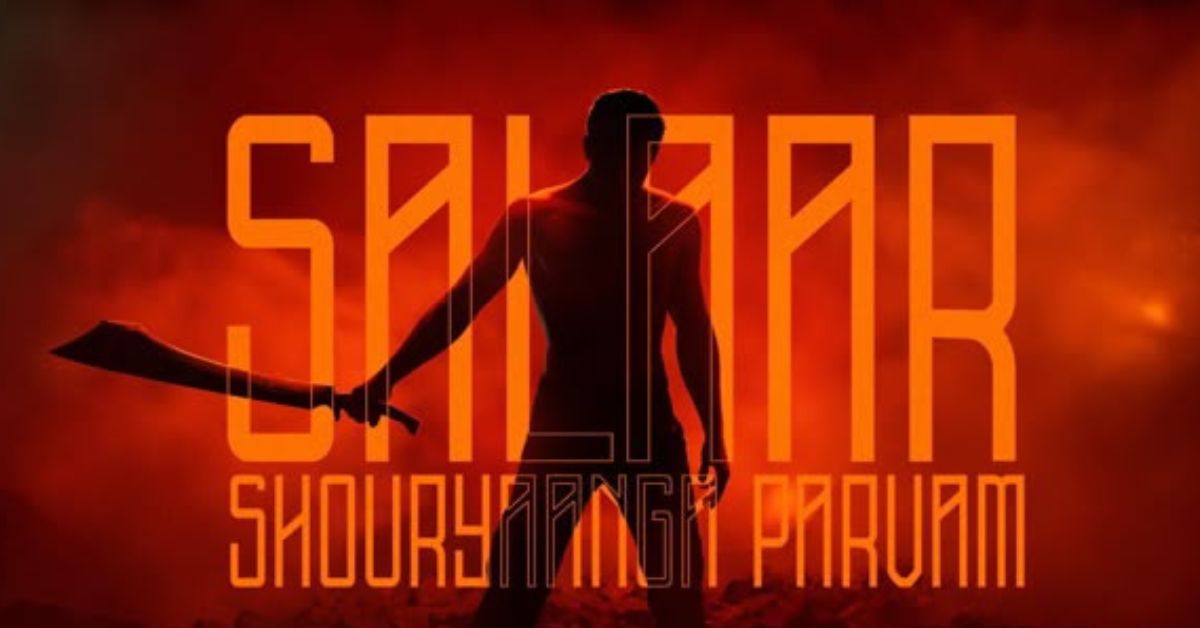On August 14, 2025, South Korea’s Supreme Court rejected a 30 million won (approximately $21,600 or €18,454) copyright claim against Pinkfong, the creator of the globally viral children’s song Baby Shark. The lawsuit, filed by composer Lee Ho-seung, alleged that Pinkfong infringed on his work by adapting a melody he claimed to have created. The court’s decision, affirming earlier rulings, marks the end of a years-long legal battle over one of the most recognized songs in modern pop culture. This article explores the details of the lawsuit, the history of Baby Shark, its global impact, and the broader context of copyright disputes in the music industry.
Background of the ‘Baby Shark’ Copyright Dispute
Baby Shark, produced by the South Korean educational entertainment company Pinkfong, became a global phenomenon after its 2016 YouTube release. The song, accompanied by a catchy dance video, has amassed over 14 billion views, making it one of the most watched videos on the platform, according to Forbes. Its success spawned merchandise, a Netflix series, and live tours, generating an estimated $125 million in revenue by 2024, per The Korea Herald.
The legal dispute began in 2018 when Lee Ho-seung, a South Korean composer, claimed that Pinkfong’s Baby Shark was based on a melody he composed for a children’s song in 2011. Lee argued that Pinkfong, a subsidiary of SmartStudy, used his work without permission, seeking 30 million won in damages. Pinkfong countered that Baby Shark was derived from a traditional public domain campfire song, with only minor adaptations, per Reuters.
Details of the Supreme Court Ruling
On August 14, 2025, South Korea’s Supreme Court upheld lower court decisions, dismissing Lee’s copyright claim. The court ruled that the melody of Baby Shark was based on a traditional folk song in the public domain, not Lee’s composition. According to The Korea Times, the justices found insufficient evidence to support Lee’s claim of originality, noting that the melody shared common elements with widely known children’s songs.
The ruling addressed several key points:
- Public Domain Origins: The court confirmed that Baby Shark’s melody stems from a traditional song, predating Lee’s 2011 composition.
- Lack of Distinctive Features: Lee’s melody was deemed too similar to existing folk tunes to warrant copyright protection.
- Creative Contribution: Pinkfong’s additions, including lyrics and arrangement, were recognized as original but not infringing on Lee’s work.
Pinkfong’s legal team welcomed the decision, stating it protects the company’s creative rights and ensures continued global use of Baby Shark, per Yonhap News Agency. Lee has not announced plans to appeal or pursue further legal action.
History and Global Impact of ‘Baby Shark’
Baby Shark originated as a simple children’s song, adapted by Pinkfong from a traditional chant with roots in summer camps and oral folklore. Released on YouTube in June 2016, the video’s colorful animation and repetitive “doo doo doo” refrain captured global audiences, particularly young children and families. By 2020, it became YouTube’s most-viewed video, surpassing Luis Fonsi’s Despacito, per The New York Times.
The song’s cultural impact includes:
- Commercial Success: Pinkfong earned $125 million by 2024 through merchandise, streaming, and licensing deals, per Forbes.
- Media Expansions: A Netflix animated series, Baby Shark’s Big Show!, premiered in 2020, and a 2023 feature film, Baby Shark’s Big Movie, further extended the brand.
- Global Reach: The song topped charts in the U.S., UK, and Australia, with covers by artists like Ellen DeGeneres and James Corden, per Billboard.
- Educational Use: Schools worldwide use Baby Shark to teach rhythm and language skills, per The Guardian.
The song’s universal appeal has made it a cultural touchstone, though its ubiquity has also sparked playful backlash, with some parents joking about its repetitive nature on X.
Legal Context of Copyright in Music
The Baby Shark case highlights the complexities of music copyright law, particularly for songs with folk origins. Copyright protects original works, but traditional melodies in the public domain can be freely adapted, as long as new elements are sufficiently creative, per The Hollywood Reporter. South Korea’s Copyright Act requires plaintiffs to prove both originality and infringement, a threshold Lee’s claim failed to meet.
Similar disputes have occurred globally. For example, the 2015 Blurred Lines case in the U.S., where Marvin Gaye’s estate won $5.3 million against Robin Thicke, underscored the challenges of distinguishing inspiration from infringement, per Reuters. The Baby Shark ruling reinforces the importance of clear evidence in copyright claims, especially for songs with shared cultural roots.
Implications for Pinkfong and the Music Industry
The Supreme Court’s decision secures Pinkfong’s ownership of Baby Shark, protecting its ability to monetize and expand the brand. The company plans to launch new merchandise lines and a global Baby Shark live tour in 2026, per The Korea Herald. The ruling also sets a precedent for similar cases, affirming that public domain works can be adapted without liability, provided original contributions are distinct.
For the music industry, the case underscores the need for clear contracts and documentation when adapting traditional works. Smaller creators, like Lee, face challenges proving ownership against larger entities, a recurring issue in copyright disputes, per Billboard.
Public and Industry Reactions
The ruling has sparked varied responses. On X, fans of Baby Shark expressed relief, with some calling the lawsuit “frivolous,” while others sympathized with Lee’s attempt to claim credit. Music industry analysts, cited by The Korea Times, noted that the decision protects Pinkfong’s brand but highlights the need for transparency in creative processes. Pinkfong issued a statement emphasizing its commitment to original content and fair partnerships, per Yonhap News Agency.
The case has also drawn attention to South Korea’s growing influence in global pop culture, following the success of K-pop and films like Parasite. Baby Shark’s legal victory reinforces the country’s role as a creative powerhouse, per The Guardian.
Challenges in Copyright Disputes
Copyright cases involving traditional works face several challenges:
- Proving Originality: Demonstrating a work’s distinctiveness is difficult when it draws on public domain sources.
- Legal Costs: Smaller creators often lack resources to compete with corporations like Pinkfong, per The Hollywood Reporter.
- Global Variations: Copyright laws differ across countries, complicating international disputes, per Reuters.
- Cultural Sensitivity: Adapting folk songs risks backlash if cultural origins are not acknowledged, per The Guardian.
These challenges highlight the need for robust legal frameworks to balance creator rights and public domain access.
Future Outlook
Pinkfong is expected to continue expanding the Baby Shark franchise, with plans for new educational content and international collaborations, per Yonhap News Agency. The ruling may encourage other companies to adapt public domain works, provided they add original elements. In South Korea, the case could prompt updates to copyright education for creators, ensuring clarity on public domain usage, per The Korea Times.
Globally, the music industry may see increased scrutiny of copyright claims, particularly as AI-generated music raises new questions about ownership, per Billboard. The Baby Shark decision provides a framework for navigating such disputes, emphasizing evidence and legal clarity.
Conclusion
On August 14, 2025, South Korea’s Supreme Court dismissed a 30 million won ($21,600) copyright claim against Pinkfong, the creator of Baby Shark, filed by composer Lee Ho-seung. The court ruled that the song’s melody, derived from a public domain folk tune, did not infringe on Lee’s 2011 composition. The decision, affirming lower court rulings, ends a dispute that began in 2018 and secures Pinkfong’s rights to the song, which has over 14 billion YouTube views and $125 million in revenue. Baby Shark has driven merchandise, a Netflix series, and live tours, cementing its global impact. The ruling highlights the complexities of copyright law for traditional works and sets a precedent for similar cases, with Pinkfong planning further expansions in 2026.
Sources & References:
- Reuters
- The Guardian
- The New York Times
- Forbes
- The Korea Herald
- The Korea Times
- Yonhap News Agency
- The Hollywood Reporter
- Billboard
Author
-

Samantha Leigh is your go-to voice for everything in the entertainment universe from red carpet breakdowns to Netflix binge lists and celebrity insights. With a background in film critique and media studies, Samantha blends fun, flair, and thoughtful commentary to keep readers in the know. Her columns cover cinema, streaming, trends, and the ever-evolving pop culture landscape.







